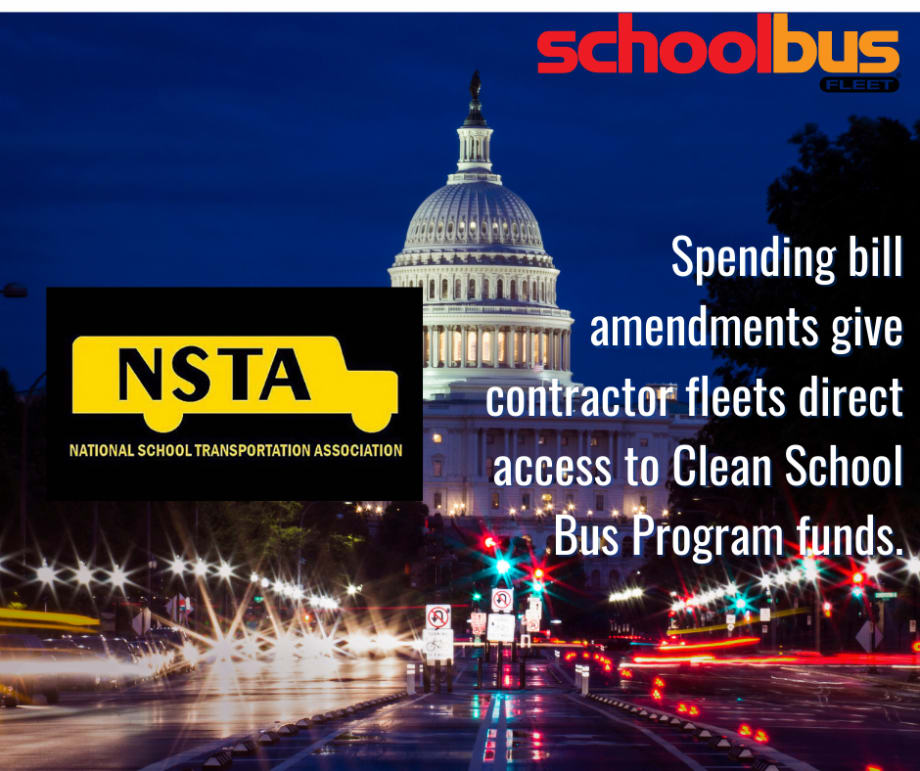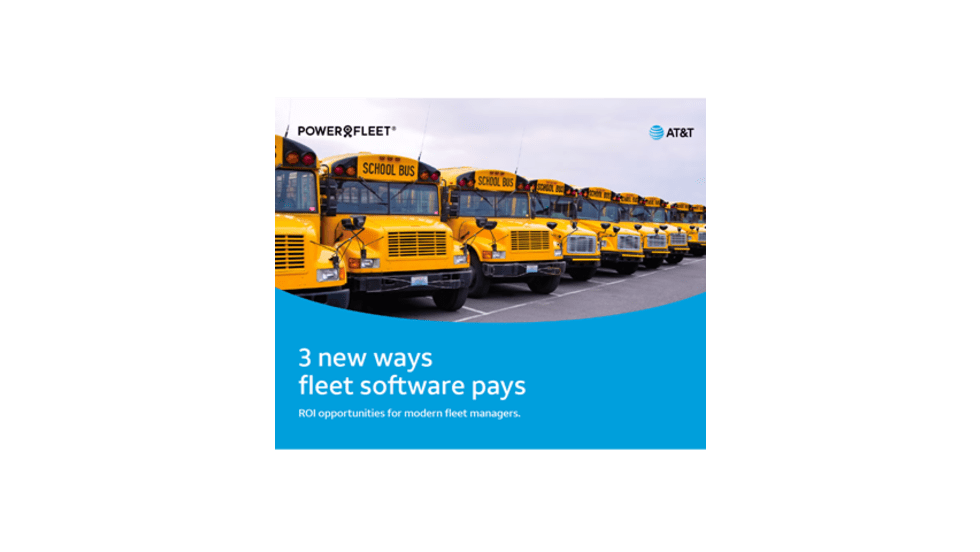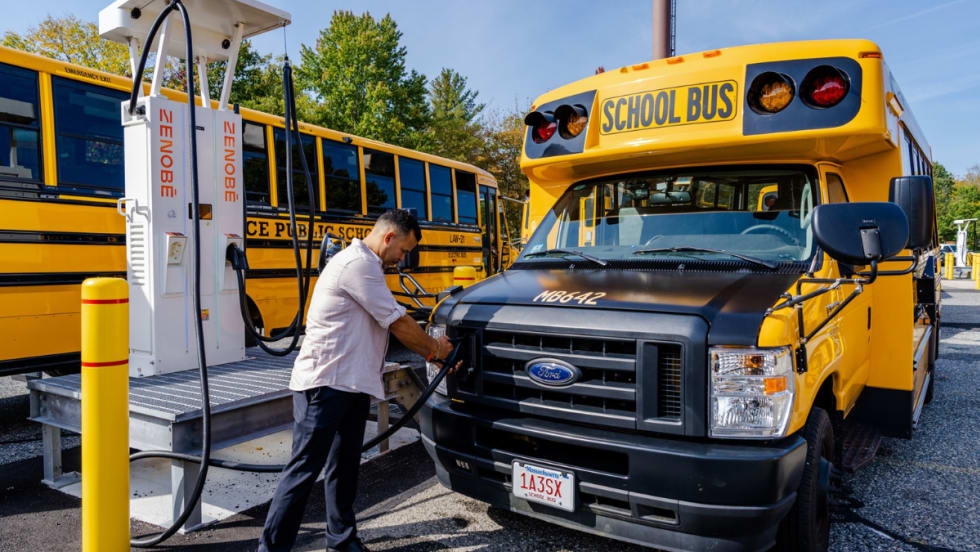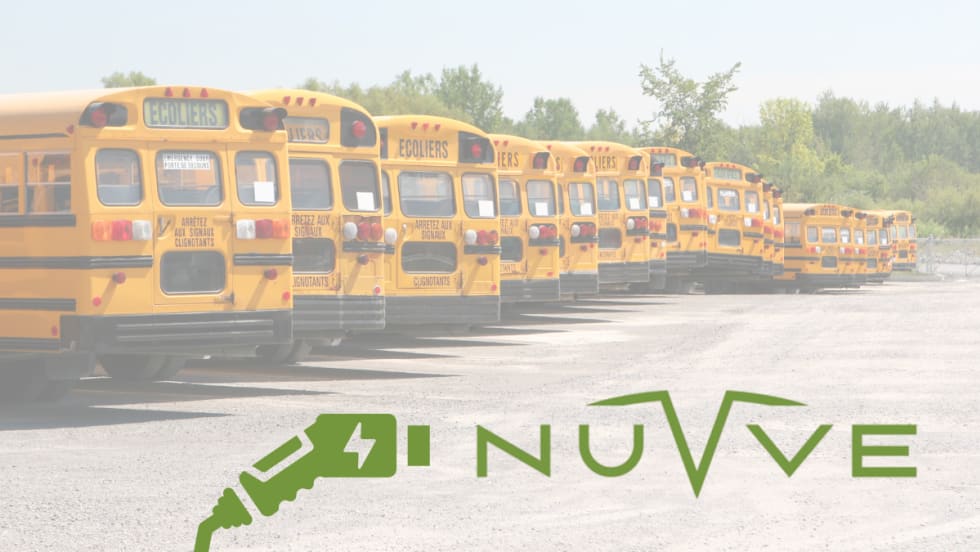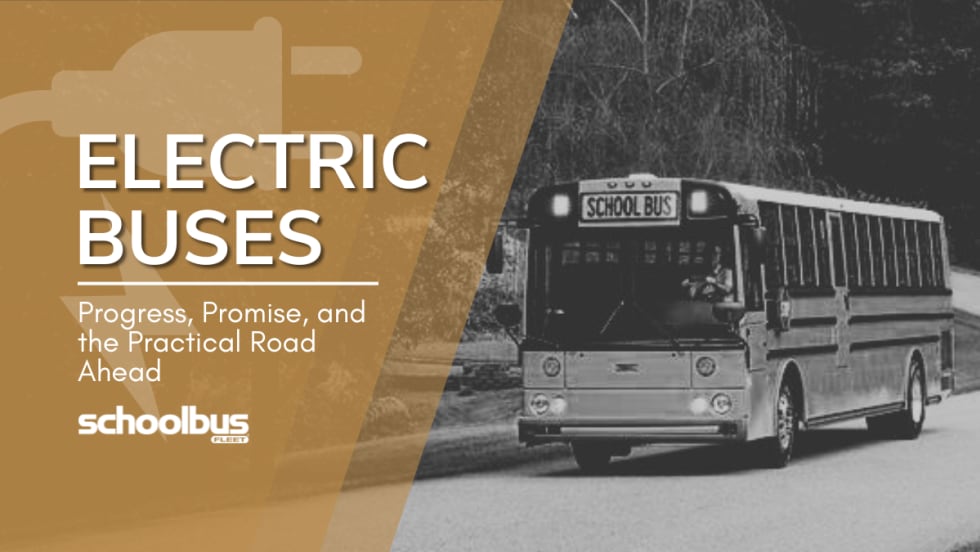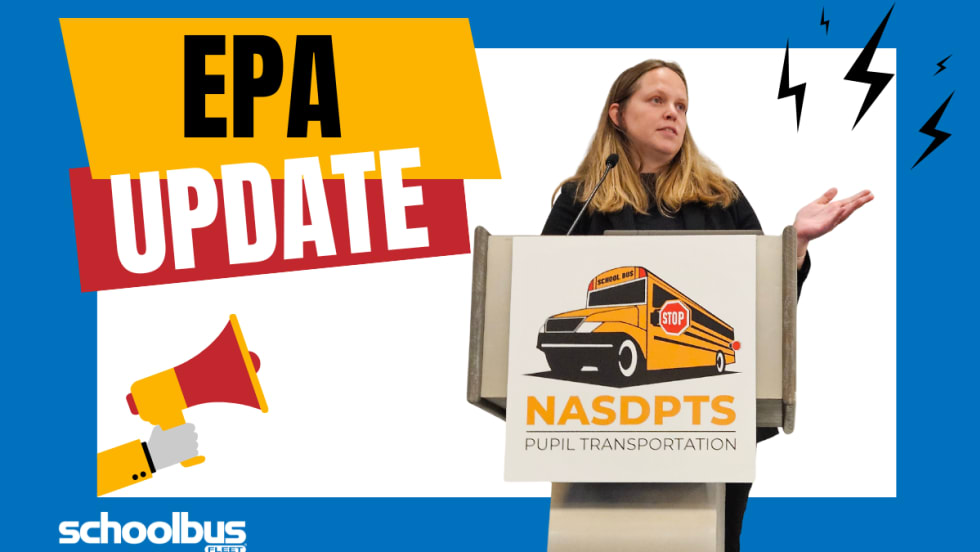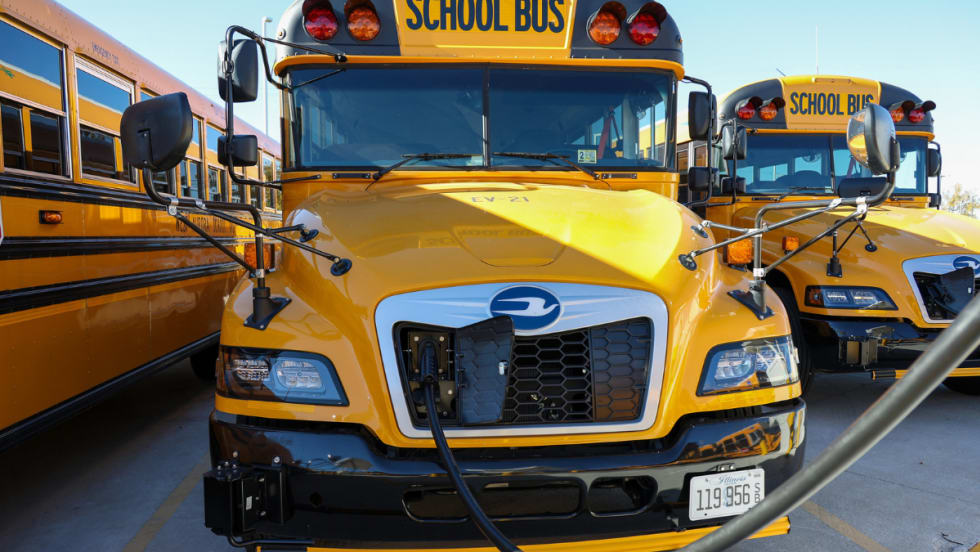Contractor fleets and school districts got some welcome news with the passage of the Omnibus Appropriations Act for fiscal year 2023.
The National School Transportation Association (NSTA) praised inclusion of two amendments based on concerns the organization raised to the Environmental Protection Agency (EPA) and U.S. Congress about some aspects of the Clean School Bus Program’s implementation.
Opening Funds Directly to Contractors
First, private school bus operators who provide about 40% of the nation’s school bus transportation now have direct access to the $4 billion remaining in the EPA’s Clean School Bus Program. The program was created as part of the Infrastructure Investment and Jobs Act (IIJA) and is intended to replace existing school buses with zero- and low-emission models.
The IIJA originally defined “contractor” in its text without encompassing private school bus operators who contract with school districts to provide student transportation services.
Private contractors “had to work with their school districts or dealers to apply for the funds, which proved to be cumbersome and a deterrent to contractor participation,” the NSTA stated in a news release.
A More Flexible Service Requirement
The other amendment dealt with a requirement that a bus purchased under the program must remain in the district for at least five years.
“As most have state statutory limits on transportation contracts with school districts, and private operators have no control over when a contract gets bid or rebid or for how long,” the NSTA said in its release. “Private school bus operators could be penalized for being unable to fill the five-year requirement. These two technical changes allow for greater and less complicated access to CSB funding for private school bus operators.”
The service amendment now indicates that, if the contract ends before the five-year service period, the buses “may be operated as part of another local educational agency eligible for the same or higher priority consideration.”
Curt Macysyn, NSTA executive director, thanked U.S. senators Tom Carper (Delaware) and Shelley Moore Capito (West Virginia), as well as U.S. representatives Frank Pallone (New Jersey) and Cathy McMorris Rodgers (Washington) “for coming together to support these amendments and work for their inclusion in the FY 23 Omnibus Appropriations Act.”



